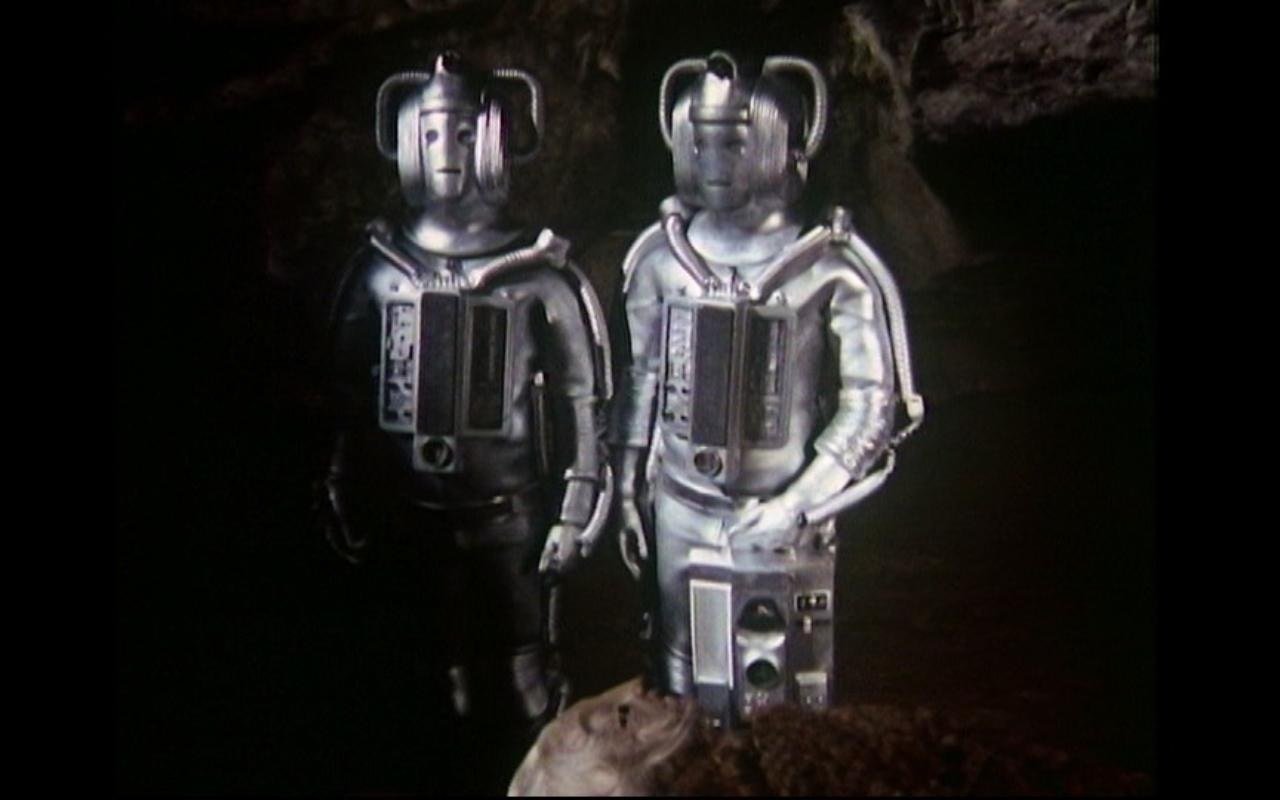Doctor Who
Let's get this out of the way: Doctor Who doesn't feel real. This isn't just a matter of trying to represent an enormous universe on a tiny budget: the show is fundamentally unbelievable, in the way that superhero comic books are unbelievable. Although it uses a lot of the language of science fiction, it fails to be science fiction in the way that it ignores what else would have to be true about the world for any particular episode to work. Instead it is something altogether different. I'm not sure quite what it is, exactly, but here are some things I have noticed:
1. The Doctor is the personification of time. He is called the Doctor, I suppose, because "time heals all wounds." As a god of time, he can die for his people, but is always reborn, like the sun or the moon. He is anciently wise and childlike in wonder, Father Time and Baby New Year, another god of time. (This is all very Golden Bough.) He also always wins, in a way that time wins-- because he can keep going long after everyone else gives up. He is present for every matter under heaven: to be born, die, plant, and pluck up what has been planted; kill, heal, break down, build up, weep, laugh, mourn, dance; castaway stones, gather stones together; embrace and refrain from embracing.
2. The Doctor, despite being from Gallifrey, is inescapably British. He is a British policeman in a police box, who doesn't carry a gun, though sometimes he needs to knock some heads together. He is more clever than any of the natives, and is happy to point that out, but doesn't see how anyone should have a problem with it because he is there to help them and anyway, their opinion can't really hurt him in any way. He is an eccentric old gentleman in the way that only one country has ever come up with the concept of an eccentric old gentleman. He wears eccentric clothing (long scarves, funny hats), and has eccentric tastes (fish fingers and custard), and is uncomfortable with anything having to do with human intimacy, despite craving companionship. So if he is a god, he is a trickster god, Maui of a much colder island: on the side of the weak, a fugitive and a thief, breaking all the rules including his own and somehow getting away with it-- or not, and suffering for it, but then getting away with it in the end after all.
4. The Doctor chooses to continue doing good work in these worlds rather than going on to his rest at the end of his natural life. In this way he is similar to a Bodhisattva, remaining to help others instead of entering into Nirvana. And the tradition of John the Revelator and the three Nephites who "never tasted death" going about doing random goodness is also strong in LDS tradition. The best depiction of this is probably in the most recent episode, "Twice Upon a Time."
5. Doctor Who is about people as stories. This is why the bad special effects don't matter: you're meant to understand that the pile of spray-painted, hot-glued drugstore items are not a robot, but a representation of one, a prop in a play that doesn't let budget considerations intrude on the scope of the story. "I wonder if Doctor Who will turn out to be one of these creatures who live for a long, long time, as a story that will be a hundred-year-old being, a 300-year-old being," asks Kazuo Ishiguro.



Comments